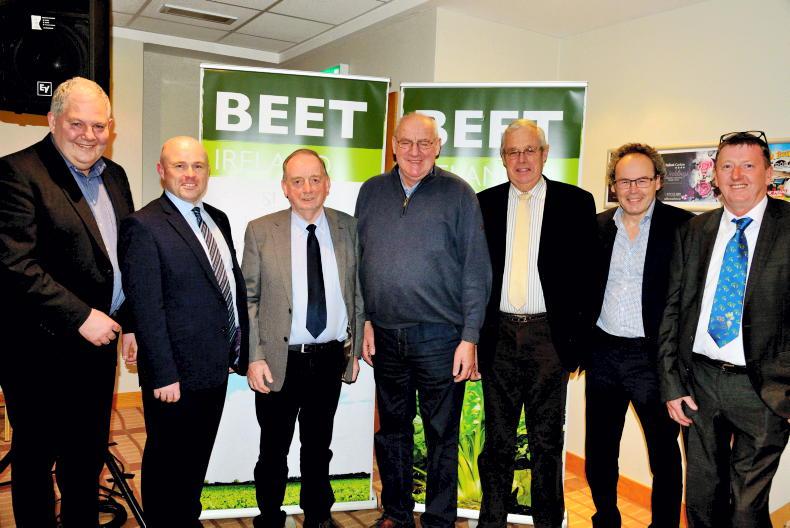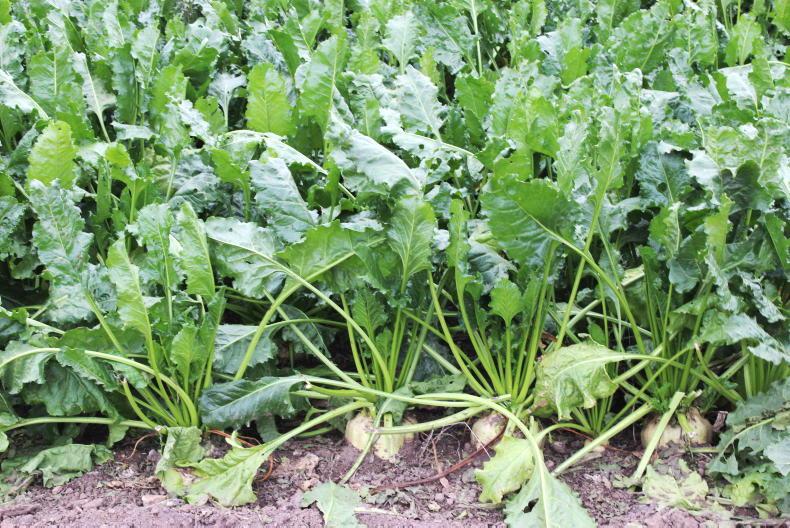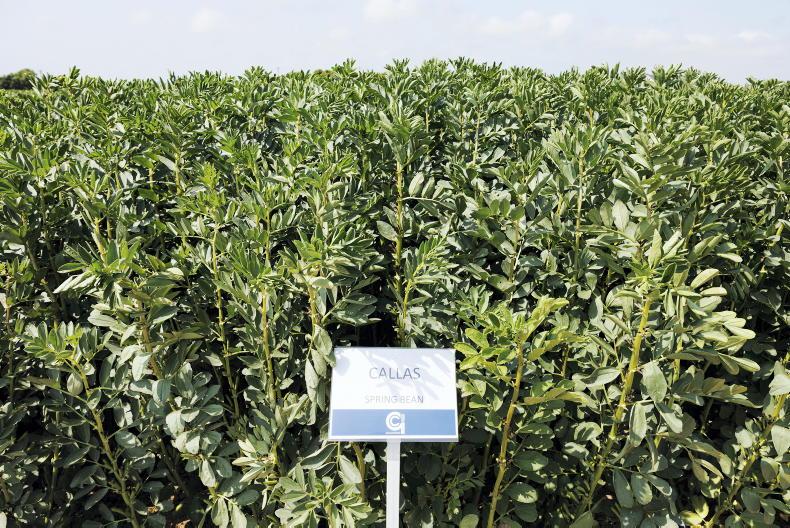Confirmation that the Mallow sugar factory site has been sold by Greencore hammers another nail into the coffin of the sugar industry.
Hopes that the sector could somehow be resurrected were almost certainly dashed over the last few weeks when Beet Ireland accepted defeat and put its site outside Carlow up for sale. But there was still a sense of finality about the Mallow sale.
The Dealer hears that Beet Ireland’s decision has focused political minds and prompted furious efforts to get the group to reconsider its decision.
Unfortunately, however, it seems the politicians were a day late and a dollar short in coming to the party.
If that evaluation is correct, then it’s truly a sad end for an industry that brought so much to Irish agriculture – not only in terms of income, but also from the point of view of technical nous and know-how.
The growing of around 80,000ac of sugar beet anchored incomes on tillage farms right across the State for close to 80 years, until the sector’s controversial demise following the closure of the Mallow plant in 2006.
The Irish Sugar Company brought jobs and income to the regional towns of Mallow, Thurles, Tuam and Carlow, with around 10,000 people being employed across the four sites in the 1970s.
However, there were also spin-offs that went well beyond the factory and farm gates.
The sugar industry left an important industrial and engineering legacy in its wake. The engineering firms that have prospered in these towns – especially in the Carlow area – are testament to this inheritance.
Returning to the here and now, The Dealer’s musings on the sugar industry were not only sparked by the sale of the Mallow factory site, but also by the news that Nestlé is to close its Wyeth plant in Askeaton, Co Limerick.
Other players
That announcement has certainly unsettled the dairy industry, and prompted rumours – which have since been dismissed – that other players in the infant formula business were considering their future in Ireland.
The story of sugar processing illustrates the vagaries of food production.
Ireland may have produced 15% of the world’s infant formula in the past, but there’s no guarantee that we will continue to do so in the future.
Import
There are some who maintain that the importance of infant formula production to the dairy sector has been overblown given that manufacturers import much of the skim milk powder and whey they require, and they don’t exactly pay a king’s ransom for the quantities of Irish product they use.
However, the Irish dairy industry’s association with the world’s top infant formula manufacturers is hugely beneficial reputationally, and also from a practical perspective of providing another outlet for product.
And as the experience of the sugar industry shows, the true value of an industry is rarely seen until it’s gone.









SHARING OPTIONS